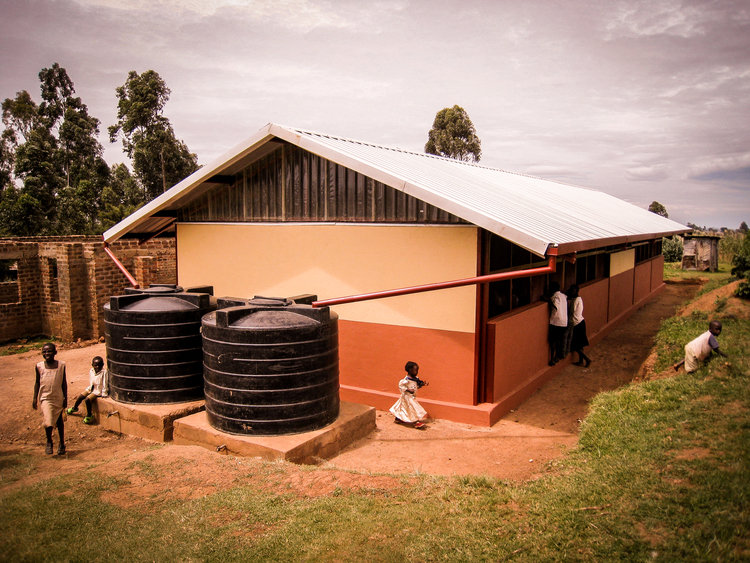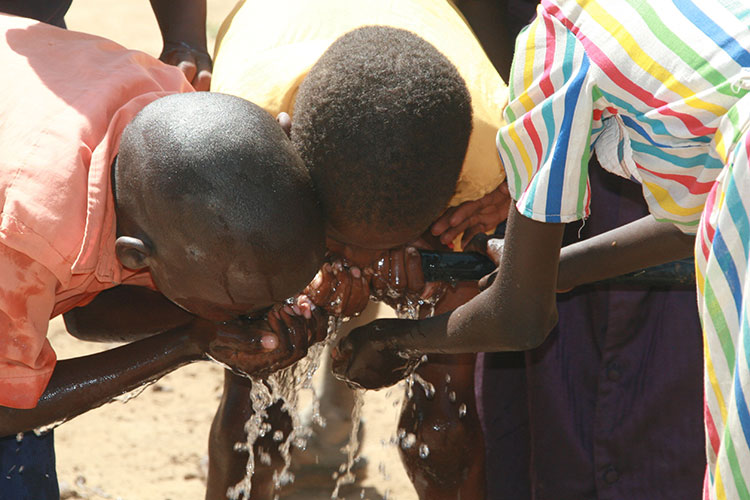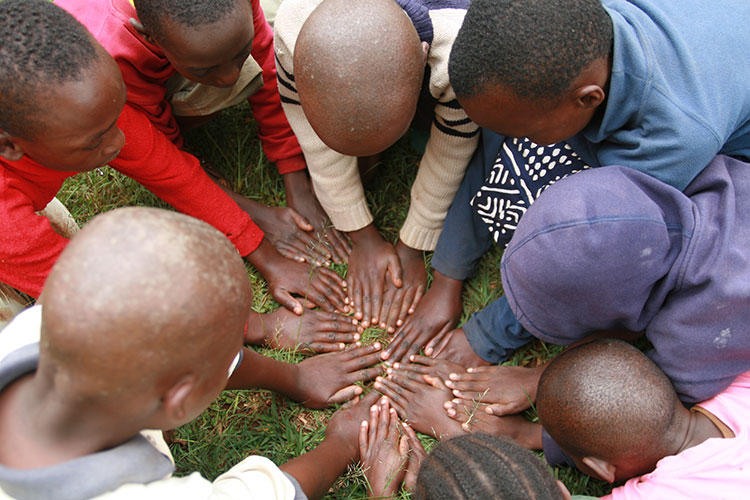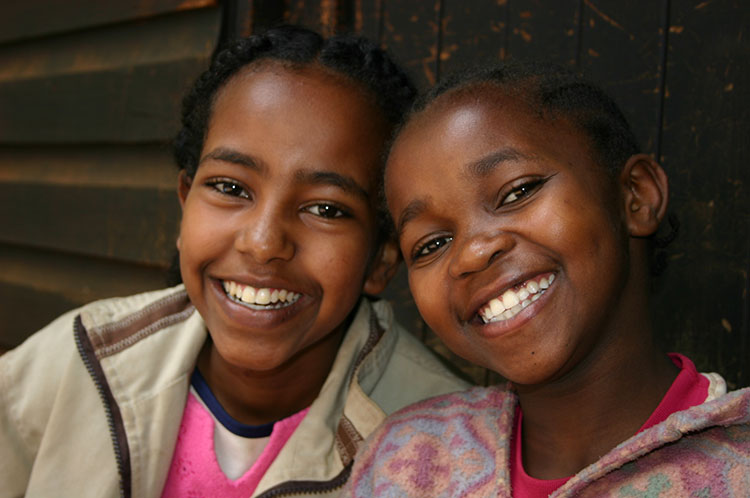
CHANGE FOR CHILDREN
Meeting the needs of vulnerable children in every province of Kenya through the development and support of Integrated Child Development Centers.
Change for Children Beginnings
From 1999 - 2005, Africa Exchange was heavily involved in the education and rehabilitation of street children and orphans in Kenya's capital city, Nairobi. Feeding programs, informal eduction, residential safe houses and the like were among the strategies we used to meet the needs of this growing population of neglected children. It dawned on us that part of the problem was the increasing migration from rural to urban areas and the consequent mushrooming of slum populations. We decided to approach the problem at it's source, in the rural areas of the country.
Where are the poorest?
Using existing studies provided by the Government of Kenya, the United Nations and various faith based NGO's, we selected the poorest districts in 8 of Kenya's then 9 provinces. Our goal was to identify partner churches and community groups in these marginalized areas that had a vision for working with children at risk between the ages of 2 and 6 years. Since at the time the education system in the country was not formally catering for the needs children in the early childhood stage, we determined that we could assist communities to meet the needs of their children through the establishment and operation of early childhood education centers. These came to be known as Integrated Child Development Centers, or ICDCs, and are now 12 in number and growing. Where community efforts were already somewhat functional, we assisted through the development of Community Operated Nursery School Enhancement Projects (CONSEPs) to provide classrooms and materials to supplement what was already offered. These are 4 in number.
"QUICK WINS"
The "quick wins" affiliated with millennium development goal (MDG) #4 provided a template for the kind of interventions we undertake and that now have transitioned to the respective Sustainable Development Goals:
Provide micro-nutrient (vitamin A/zinc) to children
Provide regular annual de-worming to all children to improve health outcomes
Distribute free, long lasting, insecticide treated mosquito nets in malarial zones
Provide nutritional, daily school meal
Provide access to water, sanitation and other appropriate technologies
Provide community-level support to plant trees to provide environmental stabilization and preservation




What We've Achieved IN Ten years and counting
Establishment of 12 ICDC and 4 CONSEP units across Kenya.
30+ teachers trained and certified in Early Childhood Development.
Around 1000 preschool children educated and fed and cared for daily, each provided with adequate learning materials and supplementary supplies.
Health needs including clean water, sanitation, malaria prevention and immunization support are addressed for children in all project locations.
20 children annually provided with secondary school scholarships.
4 annual university scholarships.
